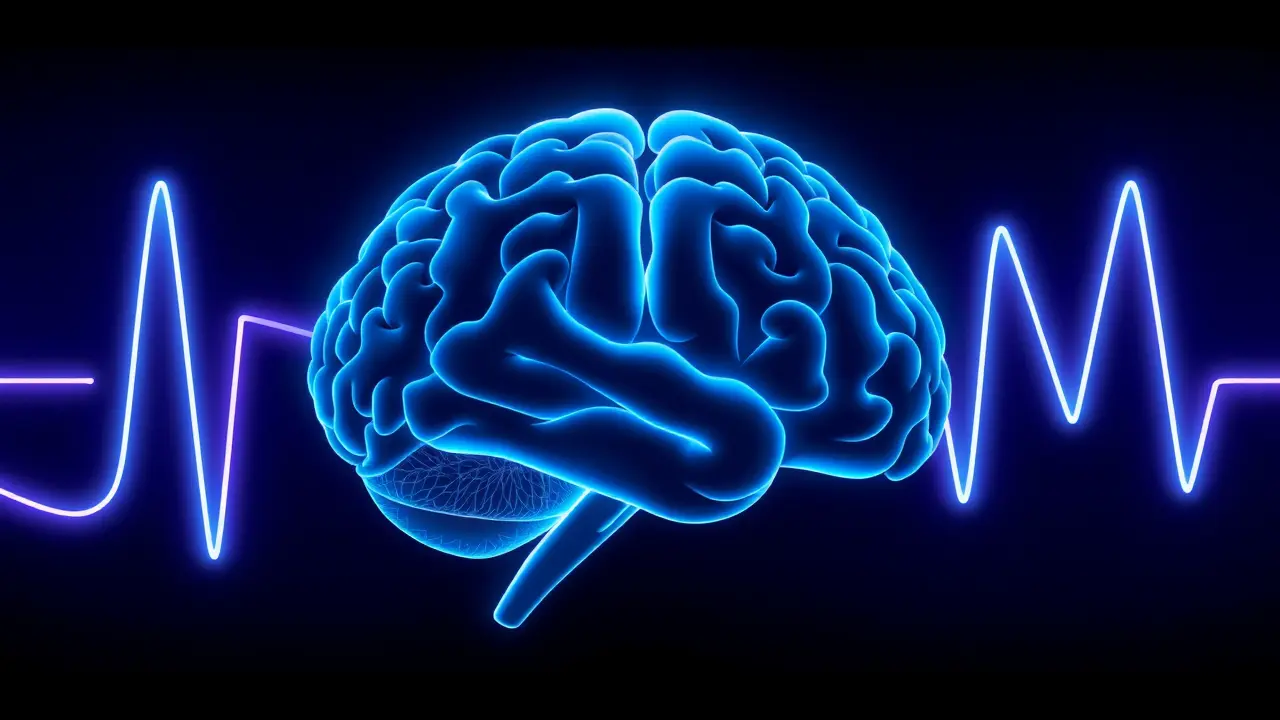Brain's Pulse May Reveal Individual Aging Speed
The stark divergence in cognitive aging between two individuals of the same chronological age—one forgetting names while the other trains for marathons—has long been a central puzzle in neuroscience, but a groundbreaking study from USC suggests we may have been overlooking a fundamental biological rhythm: the brain’s own heartbeat. This isn't a metaphorical pulse but a literal, physical one, a slow, rhythmic wave of cerebrospinal fluid that washes through the ventricles, a process now believed to be crucial for clearing metabolic waste like amyloid-beta plaques, the very proteins implicated in Alzheimer's disease.Think of it as the brain's built-in, highly specialized lymphatic system, a nightly power-wash that, when functioning optimally, maintains cognitive clarity. The researchers utilized advanced phase-contrast MRI to visualize these pulsations, discovering that their timing and force are not uniform; some brains exhibit a robust, efficient pulse, while others show a weaker, less coordinated rhythm, a discrepancy that appears to correlate strongly with cognitive performance and biological age, independent of the date on a birth certificate.This discovery places the glymphatic system, first described in detail by Maiken Nedergaard's lab just over a decade ago, at the forefront of personalized medicine, suggesting that the vigor of this cerebral tide is a more potent indicator of neural health than many traditional biomarkers. The implications are profound, potentially offering a non-invasive window into an individual's unique aging trajectory, allowing for interventions long before significant cognitive decline manifests.We are moving from an era of treating dementia to an era of predicting and preventing it, where a routine brain scan could assess your 'brain pulse' much like a cardiologist assesses your heart's ejection fraction. This isn't just about staving off neurodegeneration; it opens up new frontiers in biohacking and lifestyle medicine, prompting urgent questions about how sleep quality, specific pharmaceuticals, or even targeted exercises could be engineered to optimize this internal rhythm.The work echoes the foundational principles of geroscience—that aging itself is a malleable process—and applies them directly to our most complex organ. As we stand on the precipice of this new understanding, the brain's heartbeat becomes more than a biological curiosity; it is a potential vital sign for the 21st century, a rhythm that may ultimately dictate the tempo of our minds as we journey through life.
It’s quiet here...Start the conversation by leaving the first comment.
